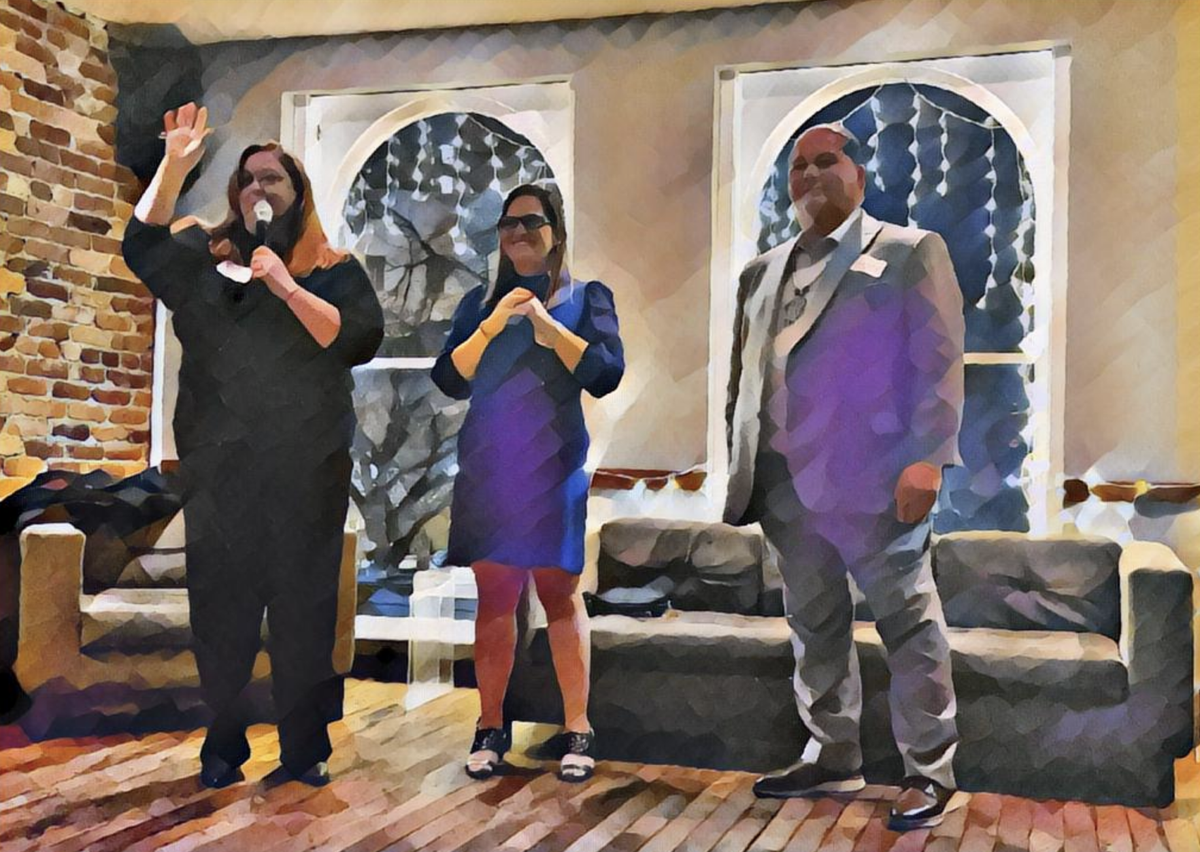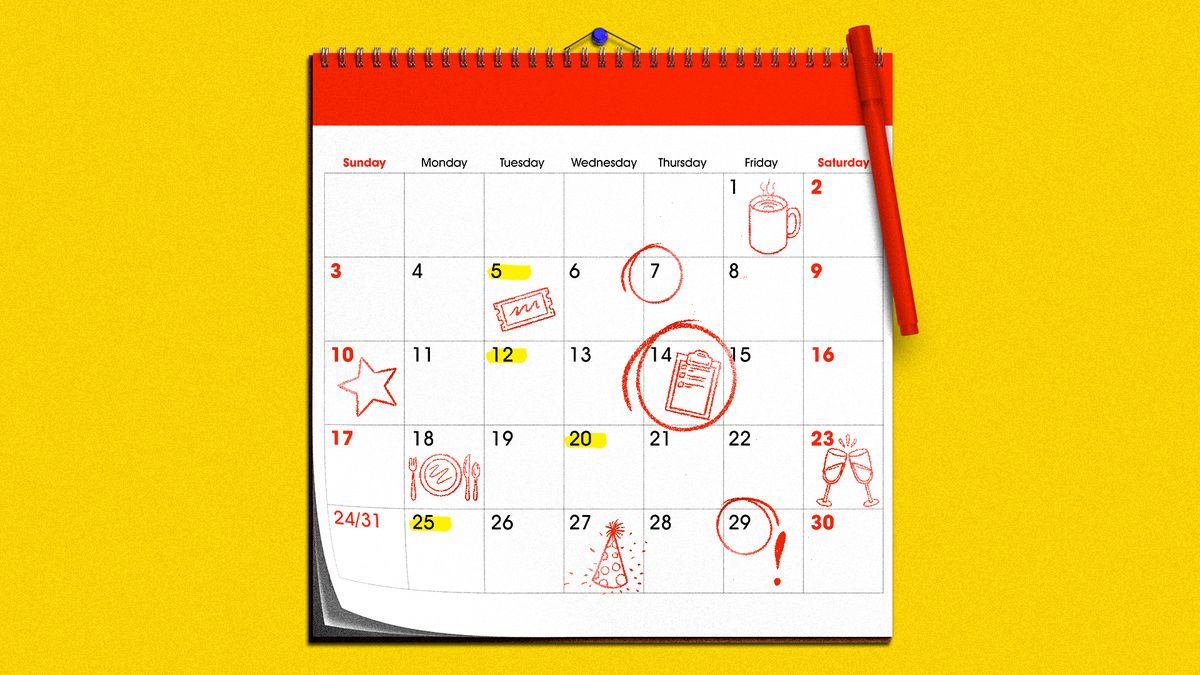Urban Indian Health Policy Updates
You spoke and we listened. NCUIH hosted five focus groups last year with Urban Indian Organizations and conducted a survey to identify policy priorities for 2023. Here are NCUIH’s top five priorities for 2023:
- Increased Funding to Indian Health Service (IHS) and the Urban Indian Line Item
- Establishing permanent 100% Federal Medical Assistance Percentage (FMAP) for services at UIOs.
- Increased Behavioral Health Funding
- Maintaining Advance Appropriations
- Reauthorization of Special Diabetes Program for Indians (SDPI)
Coming Soon: NCUIH’s 2022 Policy Assessment and the 2023 Policy Priorities Document
Advanced Appropriations Celebration

NCUIH, National Indian Health Board (NIHB), and National Congress of American Indians (NCAI) Celebrate the Historic Inclusion of Advance Appropriations for the IHS
What Happened: Congress enacted a Fiscal Year (FY) 2023 omnibus spending package, including a historic provision providing advance appropriations for the Indian Health Service (IHS). Prior to this change, IHS was the only federal healthcare provider without basic certainty of funding from one year to the next.
Why it Matters: With advance appropriations, American Indians and Alaska Natives will no longer be uniquely at risk of death or serious harm during delays in an FY 2024 funding agreement. Inclusion of IHS advance appropriations in the spending bill means that IHS services will be protected from the harmful effects of disruptions in federal funding for FY 2024 because Congress has agreed to an amount this year that becomes available immediately on October 1, 2023.
Other Key Provisions in the Omnibus
- $6.9 billion for IHS for FY 2023
- $90.4 million for urban Indian health for FY 2023 – $17 million increase above FY 2022 enacted level
- $5.1 billion for Advance Appropriations for FY 2023
- $24 million for the Good Health and Wellness in Indian Country Program
- $80 million authorized to be appropriated through FY2023-FY2027 for new Native Behavioral Health Access Grants
- Tribal Behavioral Health grant (formally known as Native Connections) was reauthorized
- Reauthorizes and establishes scheduled funding increases for the Maternal, Infant, and Early Childhood Home Visiting Program (MIECHV) and doubles the Tribal set-aside from 3% to 6% for the Tribal Home Visiting Program
- Maintains funding under BIA for the Native boarding school initiative
This success would not have been possible without all the advocacy from Tribes, Tribal organizations and Urban Indian organizations. As part of this effort, the National Indian Health Board, the National Congress of American Indians, and the National Council of Urban Indian Health have been part of a broad coalition of advocates and champions for IHS advance appropriations. Our organizations would like to thank the coalition for its dedication and leadership during this endeavor.
“We applaud Congress and the White House for listening to Native communities and doing what is right. For far too long, the federal government has allowed political disputes over budgets to jeopardize the lives of American Indian and Alaska Native people. Every single time there is a stopgap budget, the funding for urban Indian health clinics is deferred and reduced. This compromises the delivery of health care. We look forward to working with our leaders to help the United States make good on its responsibility to provide health care for the people who gave up the land we are on today.”
– Sonya Tetnowski (Makah), President of the National Council of Urban Indian Health
Updates from Federal Relations

As part of our commitment to support the development of quality, accessible, and culturally sensitive healthcare programs for AI/ANs living in urban communities, NCUIH submits comments to ensure your voice is heard.
Here are topics and dates to keep on your radar:
Previously Submitted Comments
- December 15 – IHS Urban Confer on Office of Urban Indian Health Programs (OUIHP) Strategic Plan Draft 3 and Implementation Plans
- January 13 – IHS Urban Confer with Director Tso on UIO Priorities
- January 30 – Administration for Children and Families (ACF) Tribal Maternal, Infant, and Early Childhood Home Visiting (MIECHV) Guidance for Submitting Reports
Upcoming Comment Submissions
- February 13 – Department of Veterans Affairs (VA) Proposed Rule on Copay Exemptions for Indian Veterans
- March 3 – Office of the Assistant Secretary for Health (OASH) Strengthening Primary Health Care
Important Meetings You May Have Missed
- A Virtual Confer was held on December 15 with IHS Director Tso.
– This confer was to focus on Urban Indian Health Priorities and allow UIOs to speak directly to the Director. NCUIH held a prep session the day prior to the confer. - Monthly full Centers for Medicare and Medicaid Services (CMS) Tribal Technical Advisory Group (TTAG) conference call held on January 11.
- Sec. Becerra and Civil Rights Partnership on Medicaid Unwinding meeting held on January 17.
- Health and Human Services (HHS) Secretary’s Tribal Advisory Committee (STAC) Meeting held January 17 – 18
- IHS Area Reports for Fiscal Year 2025 Tribal Budget Formulation, (virtual) held on 25-26
- NCUIH Policy Priorities webinar, (virtual) held on January 31
Important Federal Guidance and Communication
- December 27, 2022: State Medicaid Director Letter #22-006 (ARPA Section 9815 Guidance).
- January 4, 2023: State Medicaid Director Letter #23-001 (Additional Guidance on Use of In Lieu of Services and Settings in Medicaid Managed Care).
- January 5, 2023: Centers for Medicaid and CHIP Services (CMCS) Informational Bulletin (Key Dates for Medicaid Unwinding).
- January 12, 2023: VA Proposed Regulation on Copayment exemption for Native Veterans.
NCUIH Monitoring SCOTUS Case: Department of Interior v. Navajo Nation

The Issue at Hand:
Whether the federal government owes the Navajo Nation an affirmative, judicially enforceable fiduciary duty to assess and address the Navajo Nation’s need for water from particular sources, in the absence of any substantive source of law that expressly establishes such a duty.
- The appeal of an April 2021 Ninth Circuit Decision
- Cert. granted by the Court on Nov. 4, 2022, oral argument TBD
- Department of Interior argues that the Ninth Circuit decision is contrary to a precedent stating that Tribes must identify a specific trust-creating rule to enforce that obligation
- Navajo Nation argues that treaties creating the Navajo reservation create the obligation for the US to supply the Nation with water for agricultural purposes
What’s at Stake:
The Court’s decision, in this case, has the potential to generally affect how the government’s trust responsibility to Tribes and Native people is defined and applied.
Upcoming Events and Important Dates

Upcoming Events
- February 2 – HHS Office of Assistant Secretary of Health Primary Health Care Listening Session with UIOs (Virtual)
- February 7- One is Too Many: Together We Can Prevent American Indian and Alaska Native Maternal Deaths
- February 8 - National Tribal Budget Formulation Workgroup Preparatory Resource Day (Virtual)
- February 8 – 10 - Centers for Disease Control and Prevention/Agency for Toxic Substances and Disease Registry Tribal Advisory Committee Meeting (Hybrid)
- February 13 - NCUIH Monthly Policy Workgroup
- February 14-15 – FY 2025 National Tribal Budget Work Session Day 1 Link and Day 2 Link (Hybrid)
- February 16- Urban Program Executive Directors/Chief Executive Officers Monthly Conference Call
- February 20- NCAI Executive Council Winter Session
- February 23- NCUIH Monthly Membership Meeting
Thank you for all your hard work and advocacy!
